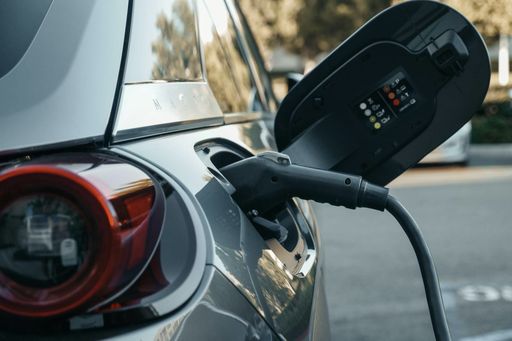Electric 18-wheelers: A Stupider Option than Electric Cars
A study conducted by the American Transport Research Institute reveals the enormous challenges of converting the entire heavy truck fleet to battery electric vehicles. The findings highlight the need for a 40% increase in nationwide power generation, sourcing vast amounts of critical minerals, and upgrading transportation infrastructure. The high costs and weight of electric trucks, coupled with the need for extensive charging infrastructure, make the transition even more challenging. These issues call into question the feasibility of the overall green energy transition and raise concerns about the financial burden placed on future generations.

The Power Generation Challenge
Converting the entire heavy truck fleet to battery electric vehicles would require a 40% increase in US nationwide power generation. This additional load must be accommodated alongside the growing demands for low-emissions heating, passenger vehicle charging, population growth, economic expansion, server farms, and artificial intelligence. The scale of power generation required raises questions about where the additional resources will come from and the ability of the existing infrastructure to support the increased load.
Furthermore, sourcing the necessary volume of critical minerals, such as lithium, copper, cobalt, graphite, antimony, and rare earth minerals, poses a significant challenge. Converting the heavy truck fleet would require a volume of lithium equivalent to 35 years of current global production. Expanding the grid and producing millions of new truck batteries would also demand an extensive supply of other critical minerals, many of which are not currently produced in large quantities within US borders.
Cost Considerations
The transition to electric trucks not only entails high power generation costs but also significantly higher truck costs. While a new diesel-powered 18-wheeler costs around $150,000 - $180,000, a new electric model can cost triple that amount, between $400,000 - $500,000. These increased costs, along with higher power costs and transportation costs, are likely to lead to inflation, affecting consumer goods since most are transported by 18-wheelers.
Moreover, the weight of electric trucks presents another cost category: the need for infrastructure upgrades. The existing transportation infrastructure, designed for lighter internal combustion vehicles, would need extensive upgrades to accommodate the heavier loads of electric trucks. The projected costs of infrastructure upgrades, including roads, bridges, and guardrails, are estimated to reach trillions of dollars by 2050.
Charging Challenges
Charging electric heavy trucks is a significant challenge in terms of logistics and infrastructure. Current electric trucks require an hour or more of charging for every few hours on the move. This necessitates the availability of more charging stations and fast, powerful chargers. Additionally, long-haul, interstate trucking is currently not feasible due to the limitations of existing chargers. The need for extensive charging infrastructure and the allocation of space for charging stations further complicate the transition to electric heavy trucks.
These challenges should be considered alongside the numerous other goals and components of the subsidized energy transition imposed by western governments. With the already staggering national debt and increasing financial burdens, it becomes crucial to reevaluate the practicality and consequences of rushing into a green energy transition without careful consideration.

